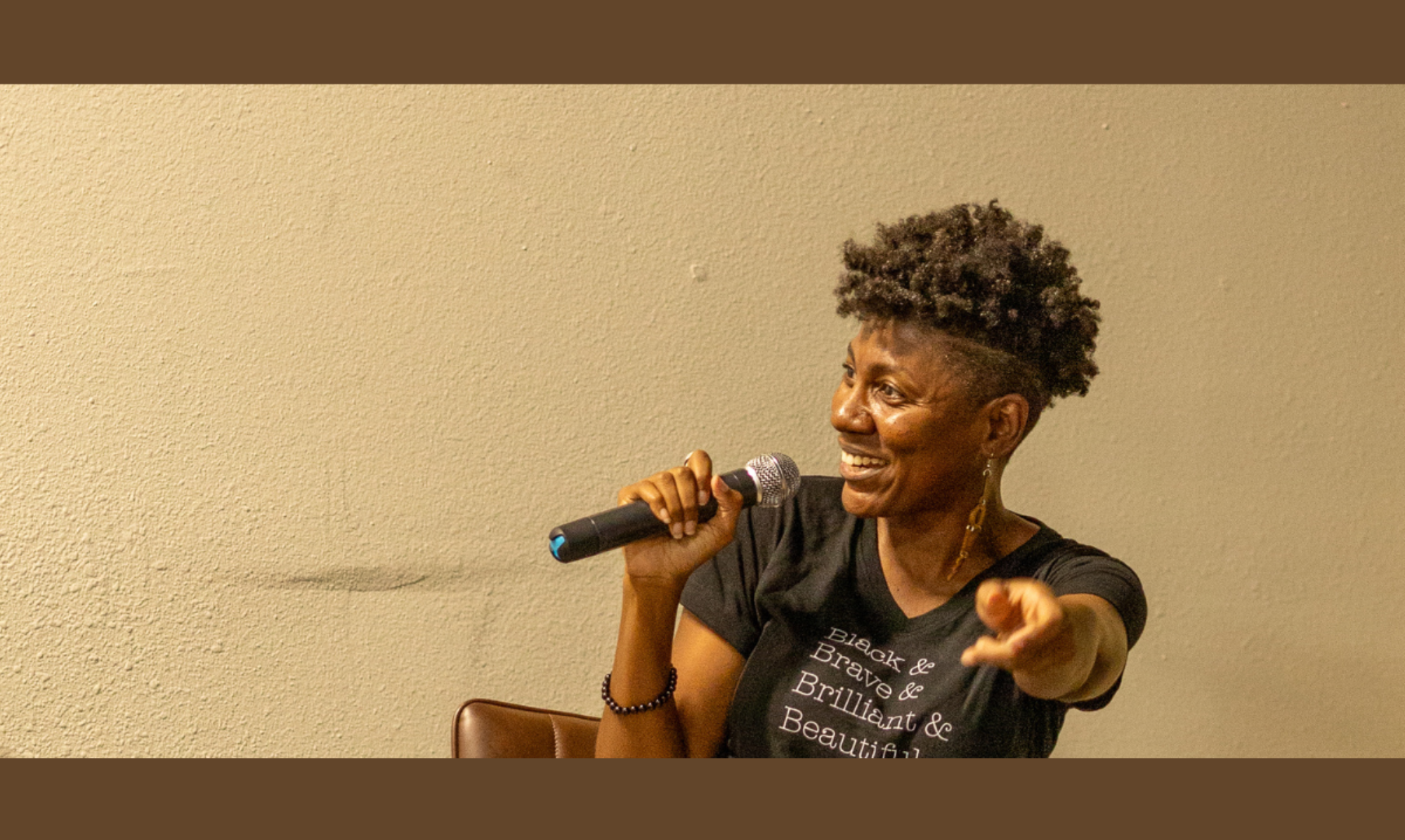I try not to roll my eyes when people make racist comments about my hair. One of my pet peeves since going natural is when folks ask me: What are you doing with your hair? What are you going to do to your hair?
I had an epiphany recently that this is actually a Racist Microagression.
At my high school graduation, a black dude, who was extremely colorist, committed this racist microagression by asking that very question with a smug smirk on his face: “So what you gone do with your hair?”
I shrugged and said: “Put a hat on it.”
Women of other races let their hair fly free in its natural state all the time and I’ve never heard of anyone asking them what they’re going to do with their hair. (Maybe I’m wrong. Just because I haven’t witnessed it doesn’t mean it’s not a thing.)
But black women with natural hair are expected to “do something” aka tame our hair for special occasions like graduations, weddings, proms, school dances, job interviews, presentations, and just everyday work-life existence.
If we don’t ask women of other races who are just wearing their natural hair in its natural state, what they’re going to do with that hair, then it is racist and antiblack to ask black women.
That’s why the Weekly Word is: Aesthetic.
Weekly Word: Aesthetic

(adj.) related to beauty or style
(n.) a belief about beauty, style, or taste
I choose my hairstyles for aesthetic, practical, and political reasons.
I choose to define and embrace my own aesthetic rather than submit to oppressive beauty standards.
In a world saturated by antiblackness, racism, and white supremacy we are conditioned to dislike a natural black aesthetic. We are conditioned to prefer a more white, European, or simply nonblack aesthetic.
That applies quite obviously to hair but it can include other things like facial features, body type, and fashion style (until white celebrities decide they want to appropriate it).
We have been fed for centuries that some European woman’s aesthetic was the universal standard of beauty, femininity, professionalism, etc. And more recently, for black people, it doesn’t even have to be a European aesthetic. For many of us, any non-black look (i.e. Southeast Asian, Native American, “Latina,” etc.) is preferable to blackness. I know race and ethnicity are not the same and there are “black” women who are also Latina, etc. But I’m explaining the language and the attitude that is prevalent among African Americans.
Of course one of the most common arguments is that natural black hair is just not professional.
If your “professional” aesthetic also, somehow, is an exact match to a naturally European or non-black aesthetic (i.e. straight hair), then your notion of professional appearance is a racist notion.
We all choose our own aesthetic. And the variety is beautiful.
But be honest with yourself about where your “preference” comes from.
Could it be a preference based on years of white-supremacist, racist, antiblack conditioning via the media, major institutions, standardized education, or your family upbringing?
Yes, your preference can be a racist preference.
Just like the Ku Klux Klan prefers to only have white Christians in this country, your “preferences” can be racist preferences.
I invite all of us to do a little introspection and ask ourselves why it’s so hard for us to really appreciate and love natural black beauty on ourselves and/or on others?
I’m well aware that this is a touchy taboo subject, but that’s what I’m here for.
Sincerely,
Sarah

